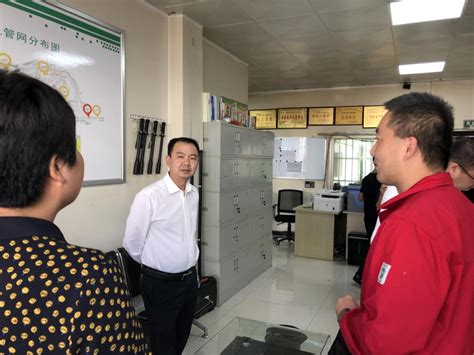Title: Guide to the Role of a Director of Immigration Affairs in Liuba County
In Liuba County, the position of Director of Immigration Affairs carries significant responsibilities and requires a multifaceted skill set to effectively manage the challenges and opportunities associated with migration. This guide delves into the key aspects of the role, offering insights and recommendations for successful leadership in immigration management.
Understanding the Role
The Director of Immigration Affairs in Liuba County serves as a pivotal figure in facilitating and regulating migration within the region. Their responsibilities encompass various aspects of immigration, including:
1.
Policy Development
: Crafting and implementing immigration policies aligned with local, regional, and national objectives while considering socioeconomic factors, cultural sensitivities, and security concerns.2.
Regulatory Compliance
: Ensuring adherence to immigration laws, regulations, and procedures, both at the local level and in alignment with higher government directives.3.
Community Engagement
: Fostering positive relationships with immigrant communities, local residents, and stakeholders to promote social cohesion and address concerns related to migration.4.
Resource Management
: Efficiently allocating resources, such as personnel, budget, and infrastructure, to support immigration services and enforcement activities.5.
Data Analysis
: Utilizing data analytics to assess migration trends, demographic changes, and the impact of immigration policies on the local community.Challenges and Strategies
The Director of Immigration Affairs faces various challenges in managing migration effectively. These challenges may include:
1.
Limited Resources
: Scarce funding and manpower may constrain the implementation of comprehensive immigration policies and services.2.
Cultural Integration
: Facilitating the integration of immigrants into the local community while preserving cultural diversity and addressing potential tensions.3.
Security Concerns
: Mitigating security risks associated with immigration, such as border control and the prevention of illegal activities.
To address these challenges, the Director can employ several strategies:
1.
Partnership Building
: Collaborating with government agencies, nonprofit organizations, and international partners to leverage resources and expertise in immigration management.2.
Public Awareness Campaigns
: Launching educational initiatives to raise awareness about immigration policies, rights, and responsibilities among both immigrants and residents.3.
Training and Capacity Building
: Investing in the professional development of immigration staff to enhance their skills in areas such as cultural competency, conflict resolution, and law enforcement.4.
Technology Integration
: Leveraging technology, such as data management systems and biometric identification tools, to streamline immigration processes and improve security measures.Best Practices
In navigating the complexities of immigration management, the following best practices can guide the Director of Immigration Affairs:
1.
Transparency
: Maintaining transparency in decisionmaking processes and communication channels to build trust and accountability among stakeholders.2.
Equity
: Ensuring fairness and equity in the application of immigration policies, regardless of individuals' backgrounds or circumstances.3.
Flexibility
: Adopting a flexible approach to immigration management to accommodate evolving demographic trends, economic dynamics, and humanitarian crises.4.
Continuous Evaluation
: Regularly evaluating the effectiveness of immigration policies and programs through feedback mechanisms, data analysis, and stakeholder consultations.Conclusion
As the Director of Immigration Affairs in Liuba County, effective leadership is essential for addressing the diverse challenges and opportunities presented by migration. By embracing a strategic, collaborative, and inclusive approach, the Director can contribute to the development of a vibrant and cohesive community that values the contributions of immigrants while safeguarding the interests of all residents.







